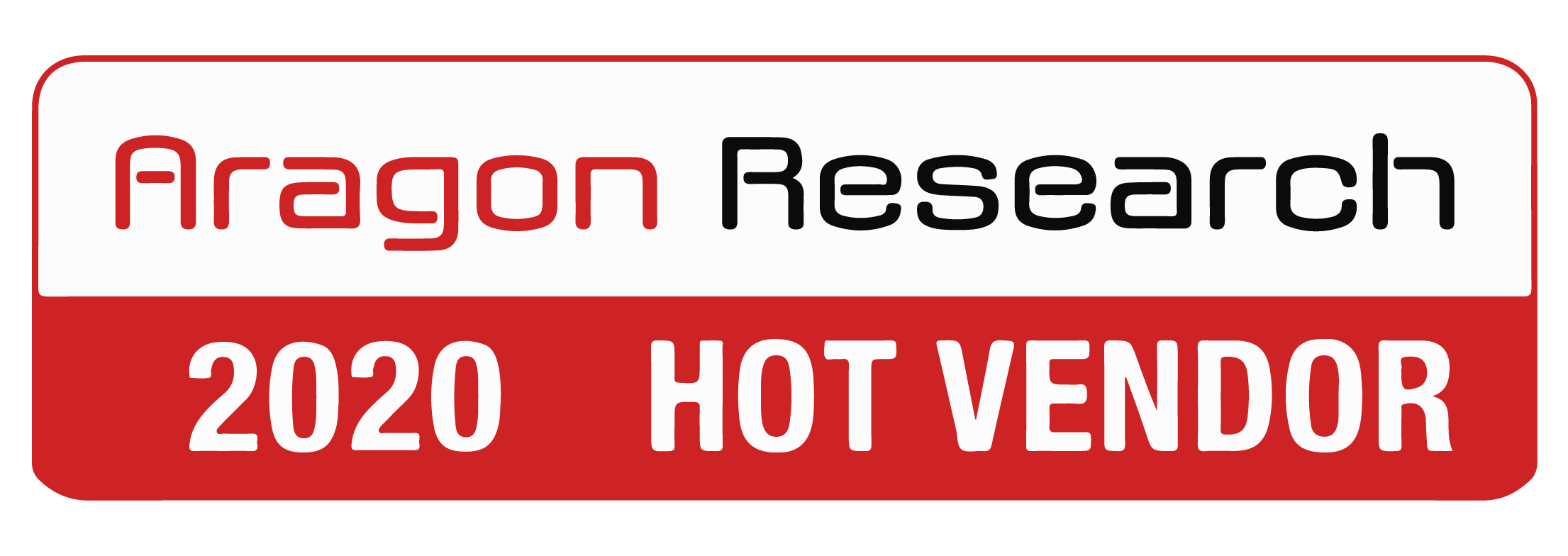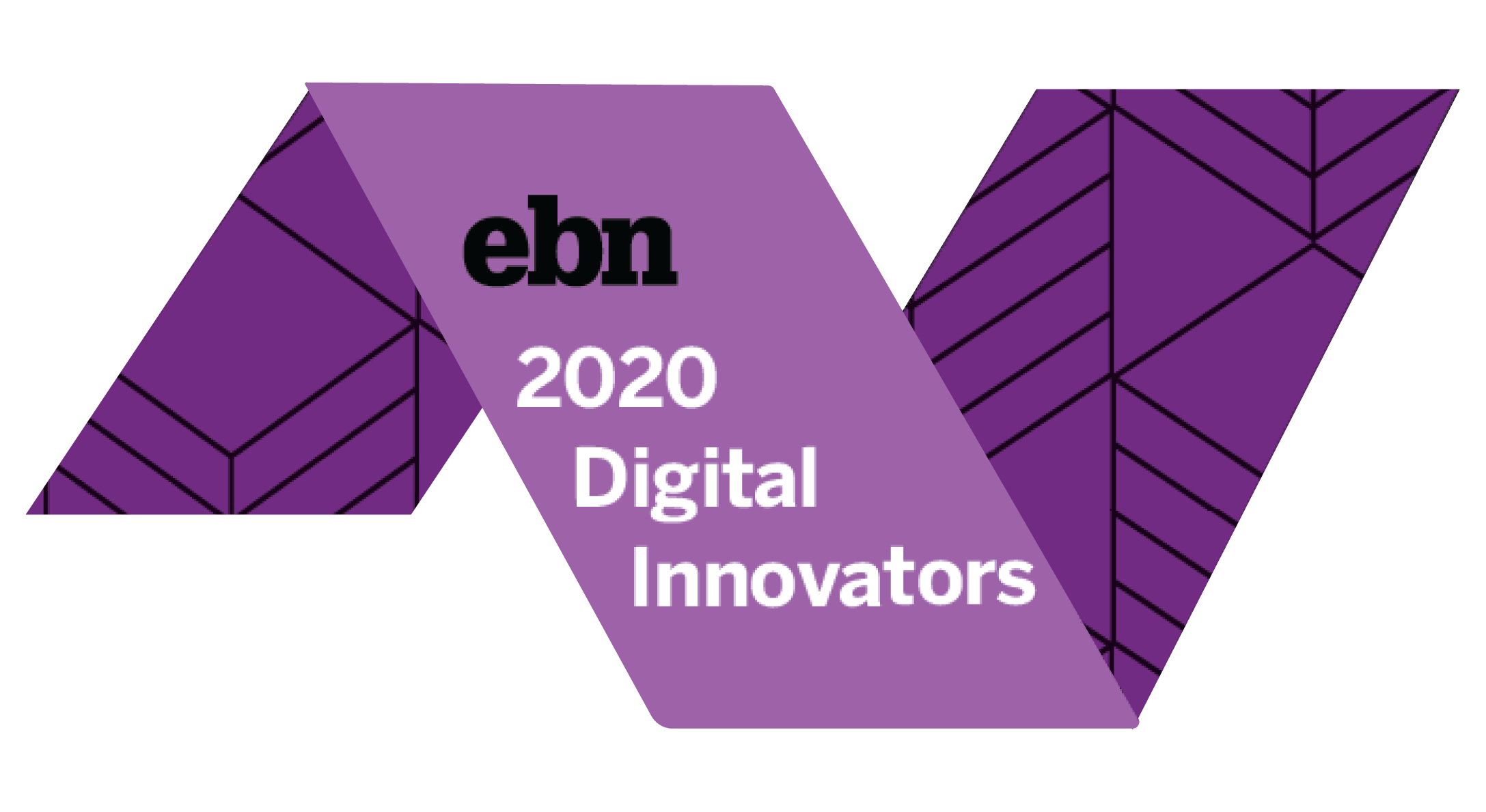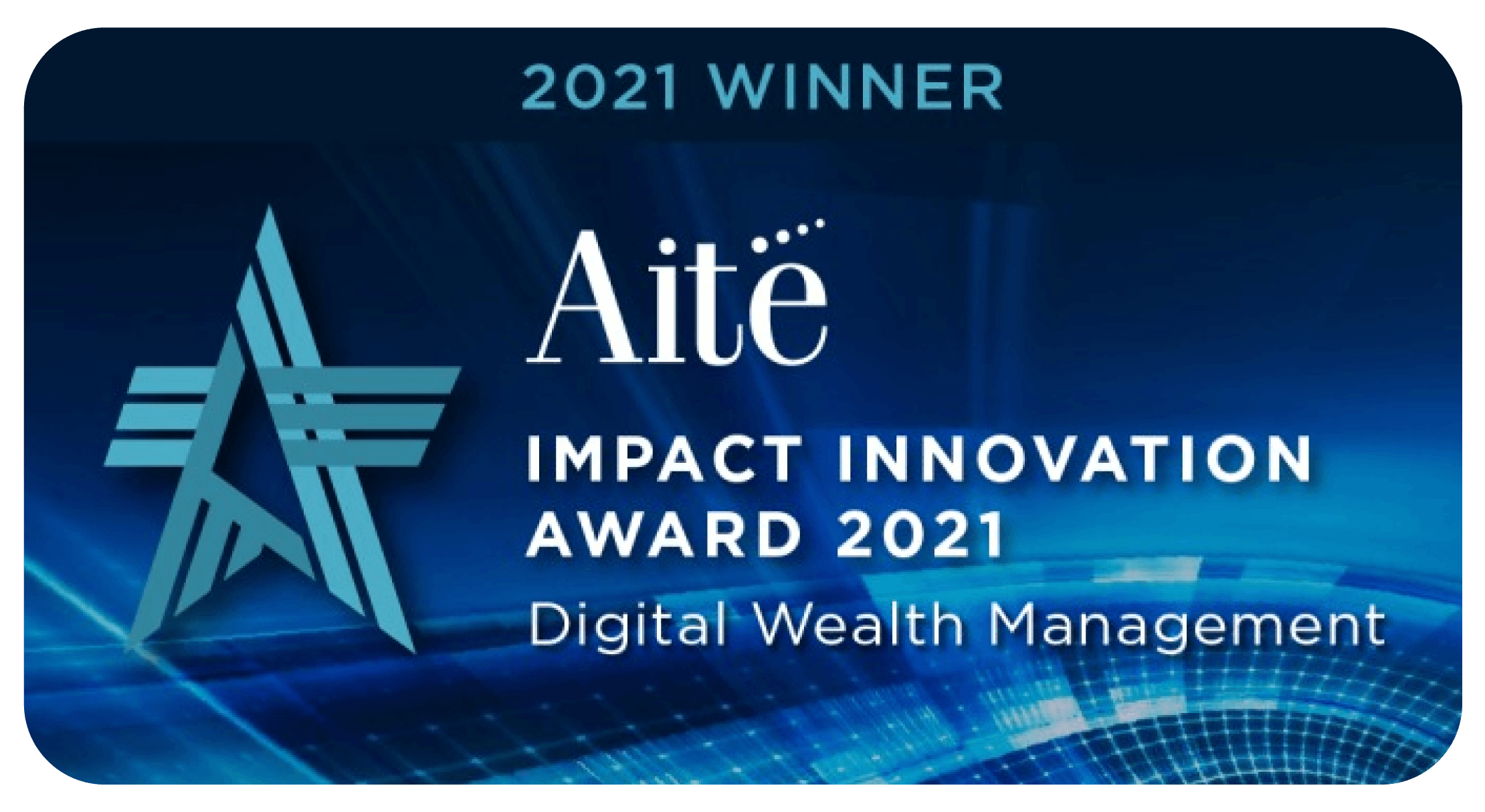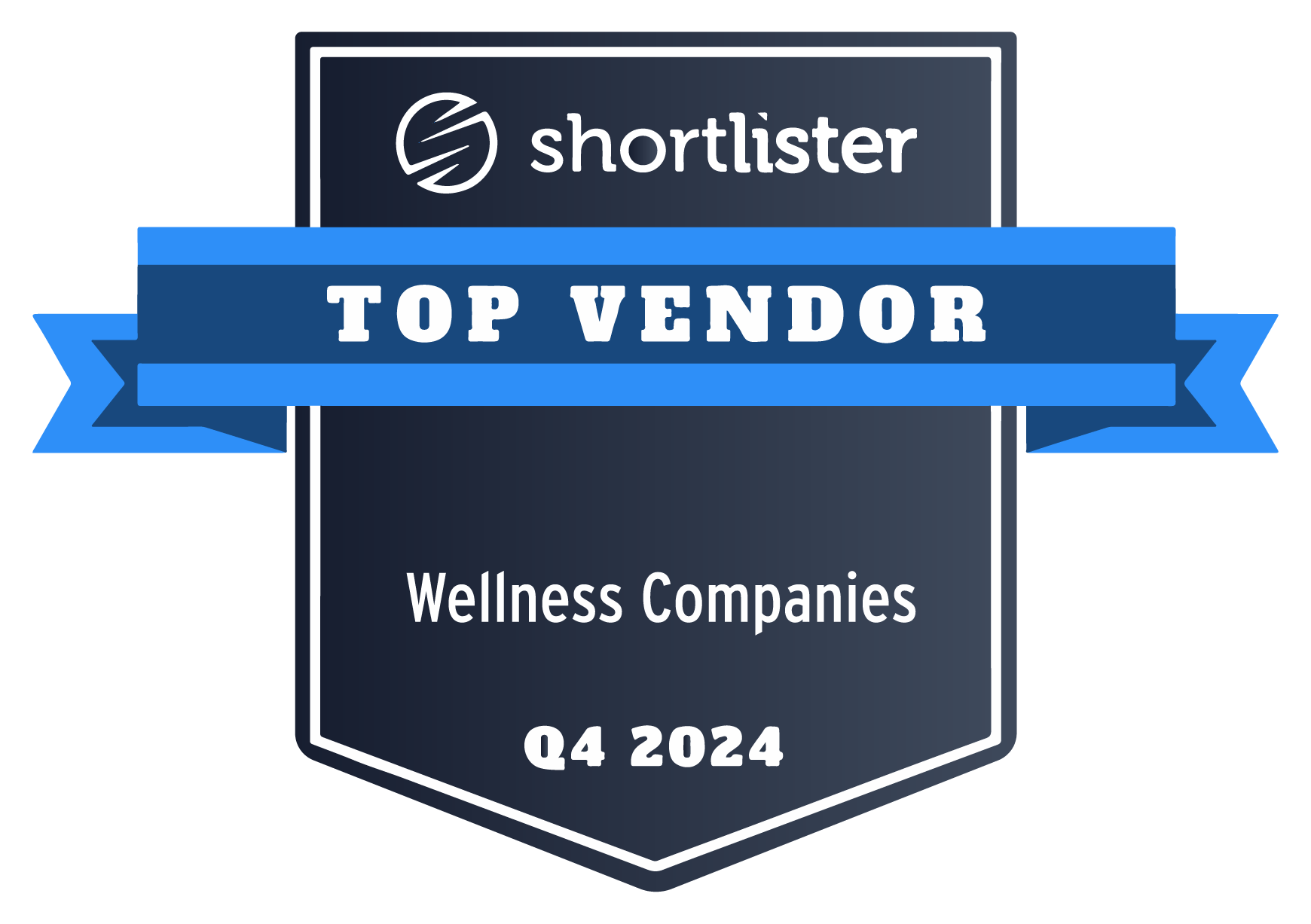
Did you know that millennials are the largest generation in the American workforce today and by 2025, they will make up three-quarters of the global workforce? Whether you are a millennial or your company is rapidly growing its millennial population, understanding this generation is key to your company’s success.
Who are millennials and what do they want in their workplace?
Millennials are generally those born between 1981 and 1996. Gallup estimates that there are 73 million of them in the United States alone.
What Millennials Bring to the Workplace
Gone are the days when older generations labeled millennials with negative stereotypes. Most of us have worked with millennials and recognize the unique strengths they bring.
Millennials are digital natives, making them a very tech-savvy generation. They’re quick-learners and they might even teach you a thing or two about social media and content management systems that your company needs in the long run.
Millennials are innovators. They are attracted to companies that place a high value on risk-taking and innovation. In more traditional companies, millennials are often the ones spearheading innovative initiatives. For them, the most significant barriers are management attitude and operational structures and procedures.
Millennials are also great collaborators. They have a firm grasp on the communities and relationships they involve themselves with and they value feedback. Millennials want your constructive criticism so they can improve their work.
Millennials will continue to change work culture as more of them enter into leadership roles and start companies. If your organization hasn’t figured out a way to support them and bring out their potential, it’s time to start now.
How to Attract and Retain Millennials
Companies can no longer ignore the needs of their millennial employees. Here are some of the workplace benefits that millennials value in the workplace and how employers can incorporate them into their workplace benefits:
1. Training and Development Opportunities
Millennials are hard workers who are hungry for growth. A Gallup survey of 1,700 millennials found that they listed opportunities to learn and grow as the most important factor they consider when applying for a job. Another survey found that more than half of millennials value the ability to progress in their career. They are attracted to jobs with room to grow in responsibilities.
To answer this need, it’s important that your organization has clear career paths with opportunities for advancement over time. Ongoing feedback and promotion opportunities as your company grows can be an effective way to keep your millennial employees happy and engaged.
If your company’s career path is clear and promotion opportunities plentiful, the next thing to focus on is creating a culture of coaching or mentoring. Millennials want frequent feedback. When they do something well, they want to be acknowledged. If they do something poorly, they want that to be pointed out and coached on how to improve.
Companies that have done all the above might consider going the extra mile and offer education and training stipends to employees.
2. Flexibility
After opportunities for advancement, millennial employees value work-life balance. Although not a new concept, millennials are leaders in challenging the “always-on” work culture of past generations. Millennials know that family is just as important as their work and have advocated to make balance more mainstream in recent years. As a result, having a company culture that allows work-life balance is key for recruiting and retaining top millennial talent.
To support millennials’ need for flexibility, companies need to examine their current workplace culture, often set by leadership. Do leaders in the company expect employees to respond to emails or work during weekends? Do they take time off during the holidays? Do they expect employees to work during vacation? What is the company’s PTO policy?
Millennials care about how companies answer these questions. If you want to attract top millennial talent, your company needs to have a culture that values and practices work-life balance.
3. Financial Wellness
Third on the list of priorities, millennials seek financial well-being. Millennials have experienced two of the deepest recessions in modern history in their short tenure in the workforce. As a result, 76% of millennials reported that they are experiencing financial stress. Their top financial worry includes not enough savings to weather emergencies such as a sudden layoff or a health issue. The second most common financial worry for millennials is paying off debt, whether it’s student loans, consumer debt, or mortgage. The third most common financial worry is not being able to save enough to retire.
Employers can help their millennial employees alleviate these real concerns by offering a holistic financial wellness program. Many companies offer benefits such as 401(k) matching, stock compensation and group life insurance. Although important, they don’t solve millennials’ need for guidance on their entire financial life.
At BrightPlan, we call that Total Financial Wellness, the trusted solution built to lead all employees to financial success on their own terms at every stage of life. BrightPlan offers education sessions, goal setting and planning, investments, and access to experienced financial planners. BrightPlan complements and augments the financial wellness benefits your company already offers, so your employees can better understand, appreciate, and utilize them.
How does it work in practice? Let’s say a millennial employee would like to pay off her student loan debt and buy a home. With BrightPlan, she can listen to or read educational content related to these goals, break down the goals into a plan, invest to fund them, and manage her day-to-day budget to achieve these goals. If she’d like to talk to someone and review her plan, she can consult with an experienced financial planner who can guide her in her best interest.
Due to the sheer number of millennials in the workforce today, companies that succeed in attracting and retaining millennials will have a competitive edge in the war for talent. Your company can be well positioned in this endeavor by addressing their needs for opportunity, flexibility, and financial well-being.














